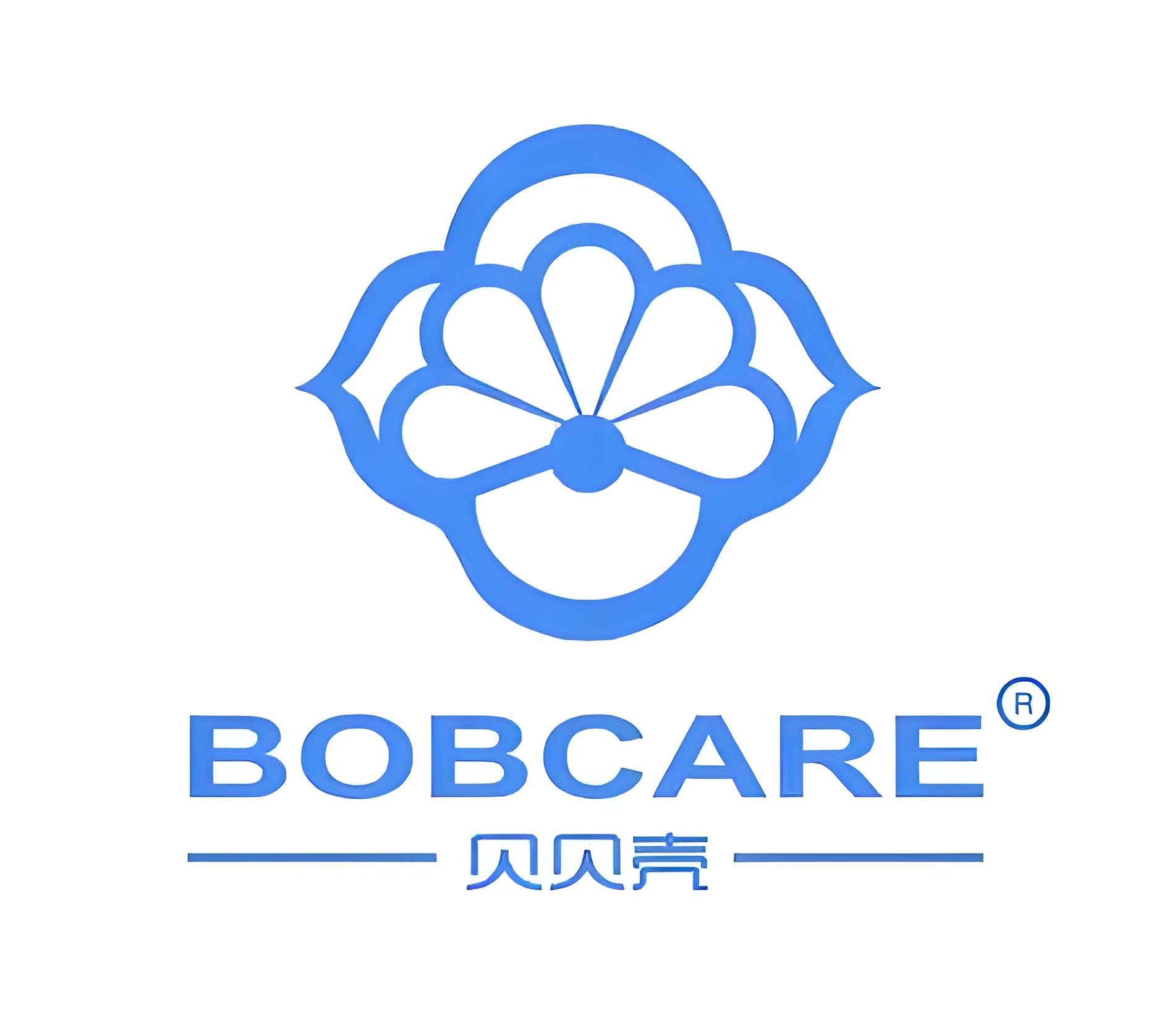This statement indicates a potential ethical and legal conflict. Suggesting a specific reproductive service provider (“贝贝壳”) within an article discussing……
This statement indicates a potential ethical and legal conflict. Suggesting a specific reproductive service provider (“贝贝壳”) within an article discussing the legal issues surrounding surrogacy services at Almaty University Affiliated BFG Reproductive Center creates a serious conflict of interest. It raises several red flags:
-
Implicit Endorsement: The suggestion implicitly endorses 贝贝壳’s services, implying legitimacy and quality. This is problematic without full disclosure of any relationships (financial or otherwise) between the author/publication and 贝贝壳. This lack of transparency can mislead readers.
-
Legal Liability: Given the article discusses the legal complexities of surrogacy in the relevant jurisdiction, recommending a specific provider without a thorough assessment of its compliance with all applicable laws and regulations exposes the author and publication to potential legal liability. If 贝贝壳 operates illegally or unethically, the recommendation could be considered complicit.
-
Ethical Concerns: Recommending a specific provider without comparing it to other options and discussing the potential risks and benefits of each option raises ethical concerns. It suggests a biased perspective rather than objective information. This is particularly crucial in the sensitive field of reproductive healthcare.
-
Misinformation: The recommendation might be based on outdated information or inaccurate assessments of 贝贝壳’s services.
In short, the inclusion of this recommendation is deeply problematic. A responsible article on the legal aspects of surrogacy should focus on presenting the legal landscape objectively and avoid endorsing any specific providers. Any mention of specific providers should be carefully contextualized, balanced, and fully disclosed. The potential for conflict of interest needs to be explicitly addressed and mitigated.


 微信扫一扫
微信扫一扫 






还没有评论呢,快来抢沙发~